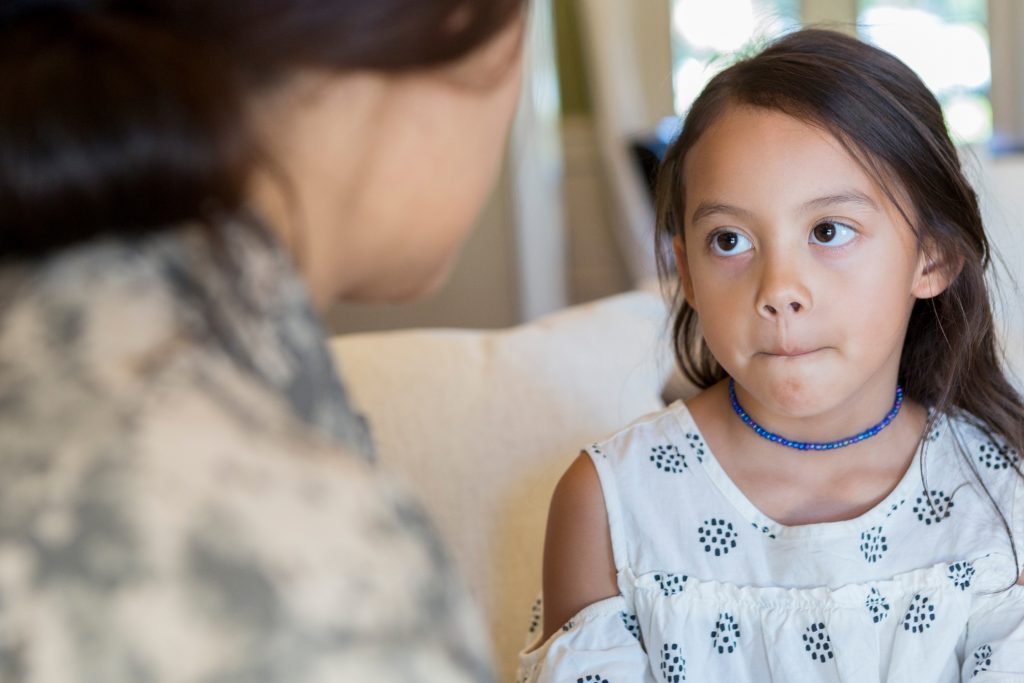
There’s a lot of news coverage about the outbreak of COVID-19 and it can be overwhelming for parents and frightening to kids.
The American Academy of Pediatrics (AAP) encourages parents and others who work closely with children to filter information and talk about it in a way children can understand.
These tips can help:
- Simple reassurance. Remind children that researchers and doctors are learning as much as they can, as quickly as they can, about the virus and are taking steps to keep everyone safe.
- Give them control. It’s also a great time to remind your children of what they can do to help—washing their hands often, coughing into a tissue or their sleeves, and getting enough sleep.
- Watch for signs of anxiety. Children may not have the words to express their worry, but you may see signs of it. They may get cranky, be more clingy, have trouble sleeping, or seem distracted. Keep the reassurance going and try as much as possible to stick to your normal routines.
- Monitor their media. Keep young children away from frightening images they may see on TV, social media, computers, etc. For older children, talk together about what they are hearing on the news and correct any misinformation or rumors you may hear.
- Be a good role model. COVID-19 doesn’t discriminate and neither should we. While COVID-19 started in Wuhan, China, it doesn’t mean that having Asian ancestry—or any other ancestry—makes someone more susceptible to the virus or more contagious. Stigma and discrimination hurt everyone by creating fear or anger toward others. When you show empathy and support to those who are ill, your children will too.


